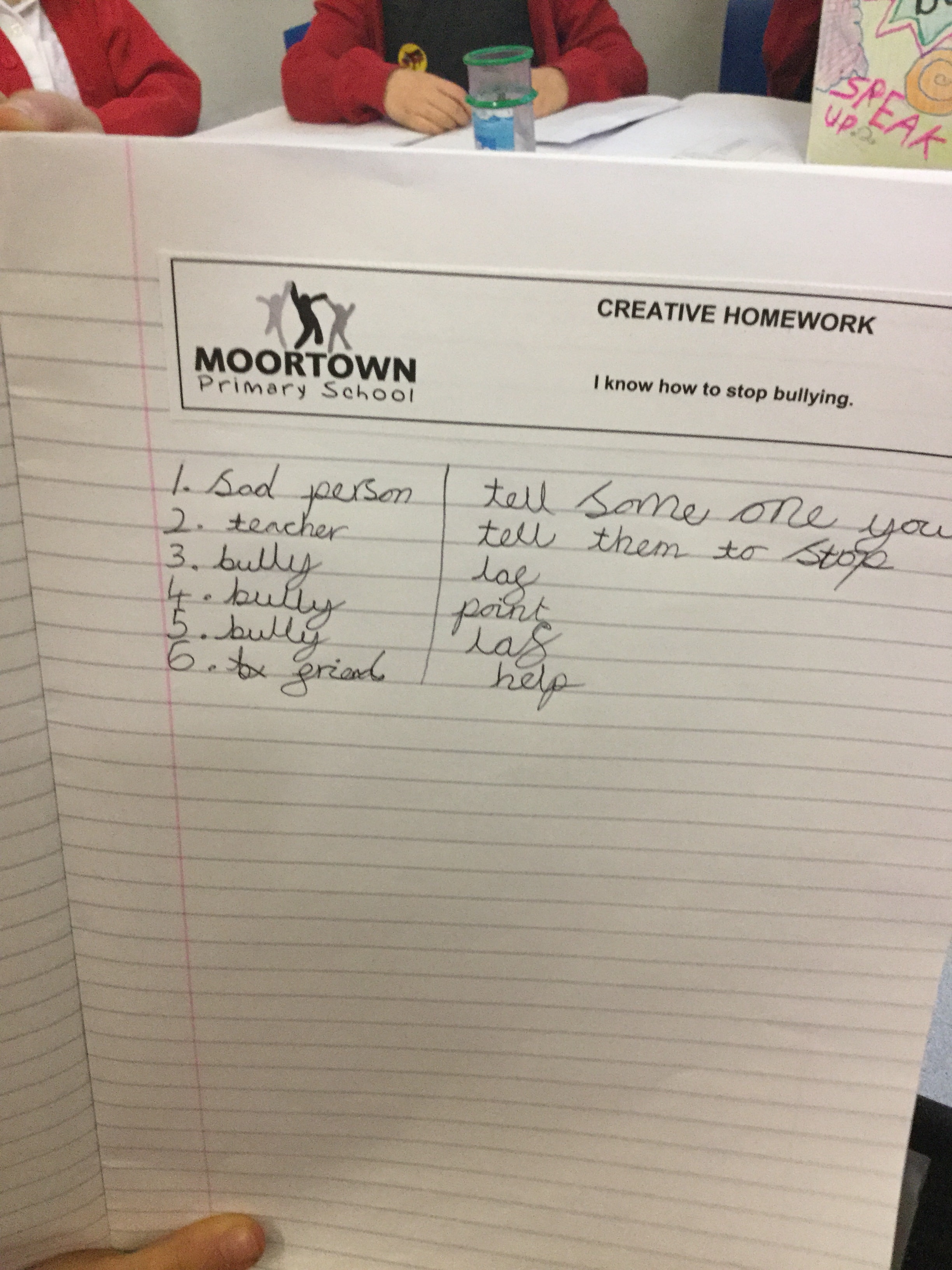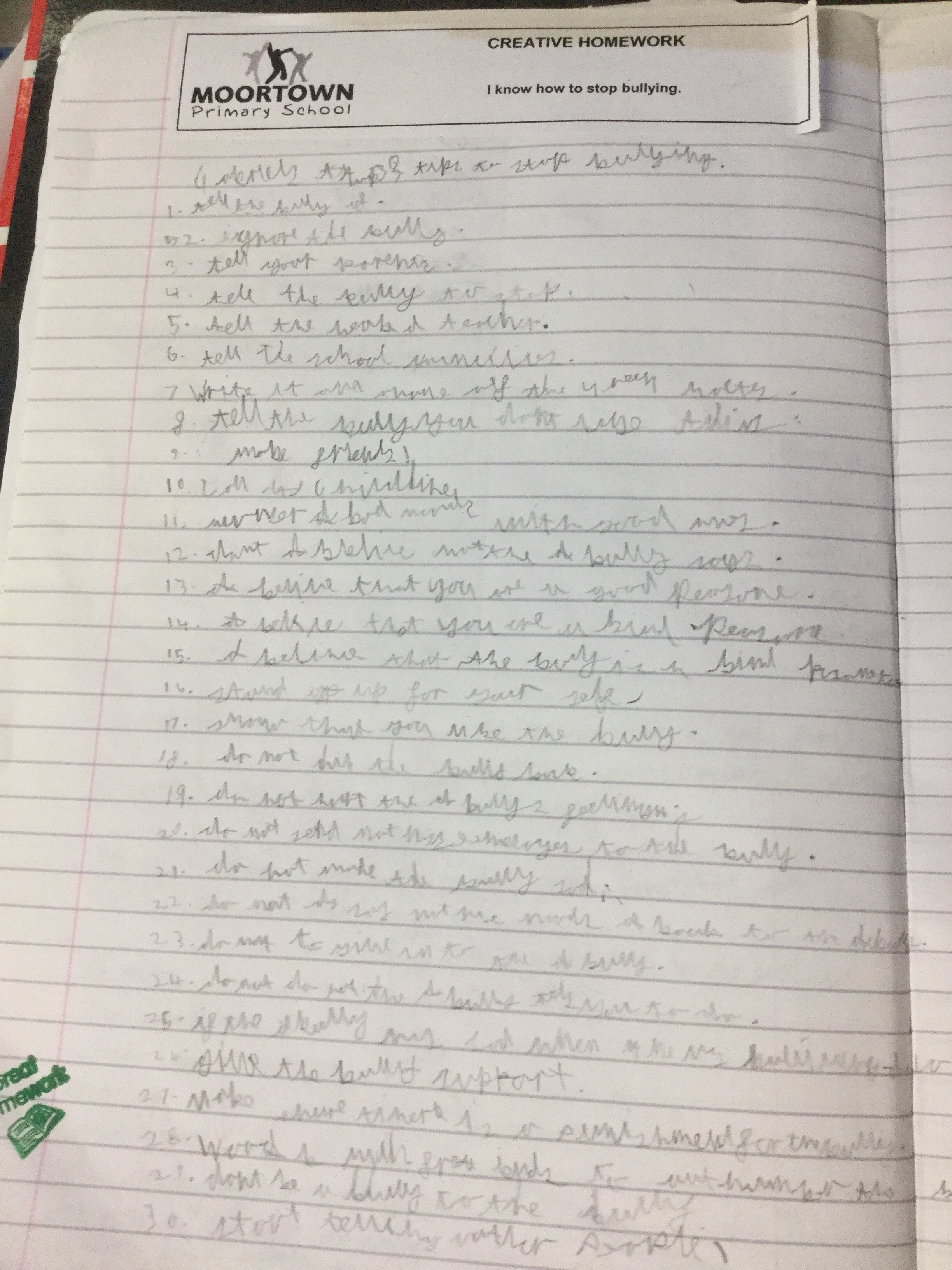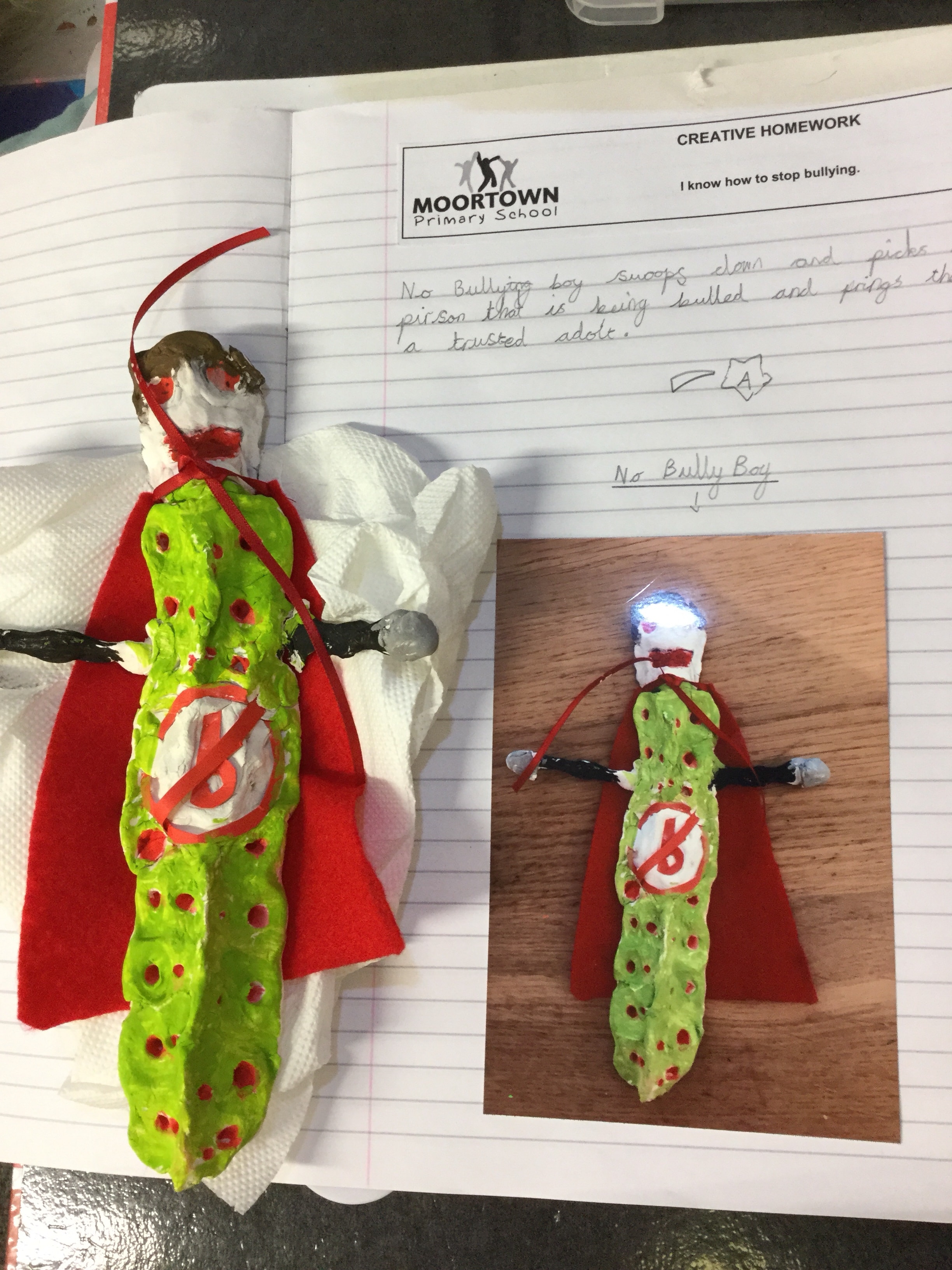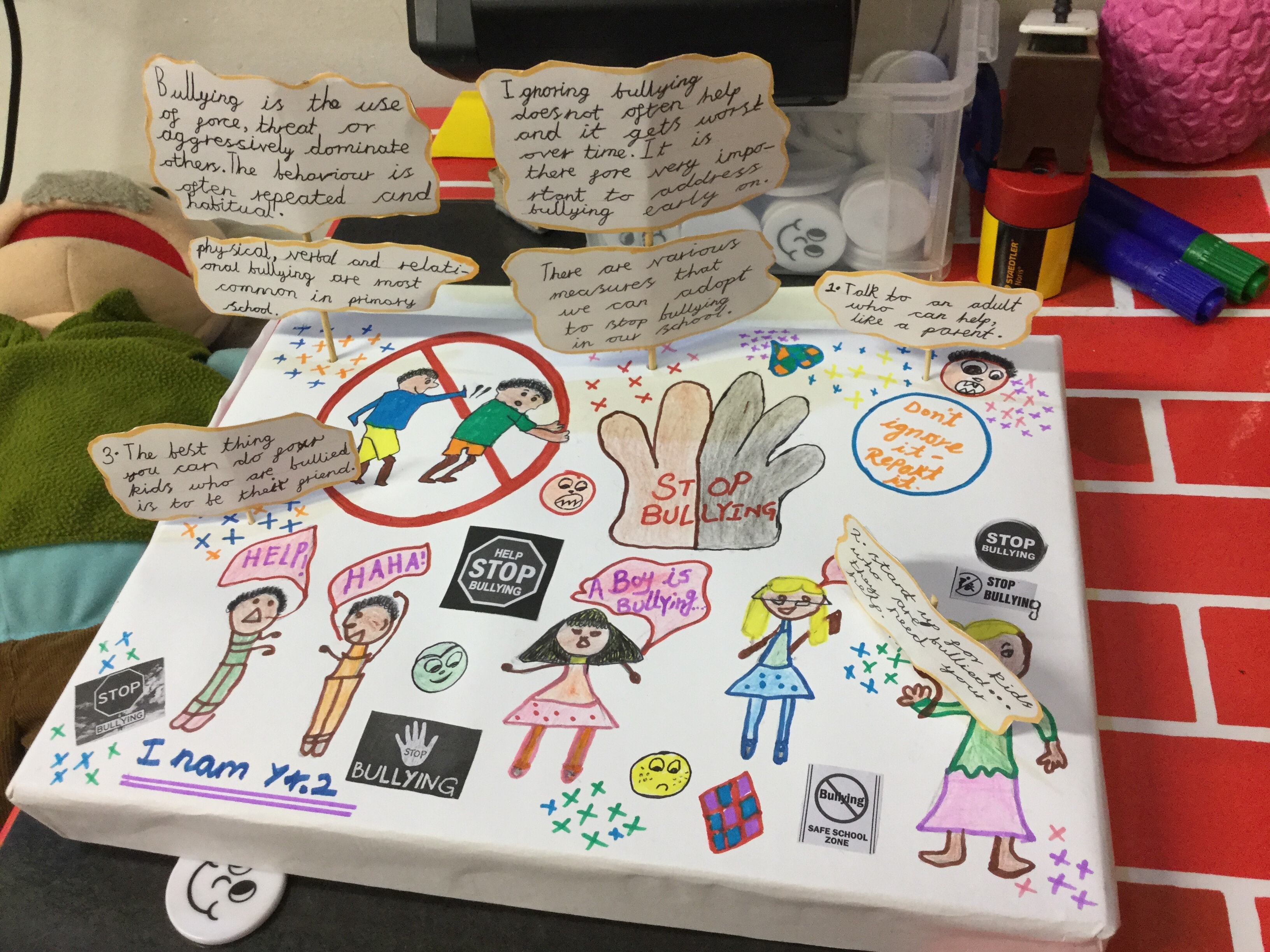25 January 2019
This week, we’re learning about another of our key spelling rules: drop the e for ing.
All of the words in the list are verbs. Before adding the suffix -ing to the verb, you need to drop (remove) the e.
| to have having |
| to hike hiking |
| to write writing |
| to use using |
| to make making |
| to like liking |
| to give giving |
| to excite exciting |
18 January 2019
This week, the words are all adjectives and require you to double up for a short vowel sound when adding the suffixes -er (comparative) and -est (superlative).
| fat fatter fattest |
| thin thinner thinnest |
| big bigger biggest |
| sad sadder saddest |
| hot hotter hottest |
| bad badder baddest |
11 January 2019
The spellings this week are all verbs which need to double up for a short vowel when adding the suffix ed or ing. The words in the first column are all in the infinitive (eg. to pat). The words in the second column with the suffixes are the words which will be tested.
| to pat patted |
| to hop hopped |
| to drop dropped |
| to trap trapped |
| to hum humming |
| to slip slipping |
| to clap clapping |
| to grin grinning |
14 December 2018
The spellings this week are to look at and begin to practise the Year 2 common exception word list.
Your child may be a confident speller. If this is the case, they should pick out the words that they struggle to spell and practise these. If your child finds spelling more difficult and needs to learn a lot of the words, they are split into sets in the homework book. You could work on a set of words every couple of weeks alongside the other weekly spelling lists to slowly build their confidence.
07 December 2018
This week, the phoneme we’re learning about is u which, in these spellings, is spelled with an o.
| other |
| love |
| worry |
| money |
| mother |
| brother |
| nothing |
| Monday |
30 November 2018
This week the phoneme we’re learning about is aw which is spelled with an a before an l or an ll.
| all |
| also |
| fall |
| walk |
| talk |
| always |
| although |
| altogether |
23 November 2018
Next week, we’re looking at words which have an -il or -al ending. These are much less common than the -le ending.
| metal |
| pedal |
| capital |
| hospital |
| animal |
| pencil |
| nostril |
| fossil |
Homework review
Thank you to the parents who joined us for the homework review this afternoon. Below are some of our favourite homeworks from the week.
We liked Bridget’s playscript which we acted out in very little time – super directing skills, Bridget!

We were also amazed by how many top tips Gabriel had to help us if we’re being bullied.

We loved Karan’s bullying acrostic poem.

Iris’s No Bully Boy superhero showed us how to stop bullies and how anyone can be a superhero by telling a trusted adult if you see someone being bullied.

Inam’s bullying sculpture gave us lots of tips if we’re being bullied.

16 November 2018
Next week, we’re learning about the -el grapheme at the end of a word. This spelling is much less common than last week’s -le.
| camel |
| tunnel |
| wheel |
| travel |
| towel |
| angel |
| hotel |
| label |
09 November 2018
Next week, we’re learning about the -le phoneme at the end of a word. This is the most common spelling of this sound. We’ll be learning some of the alternatives over the next few weeks.
| table |
| apple |
| bottle |
| little |
| middle |
| castle |
| battle |
| jungle |